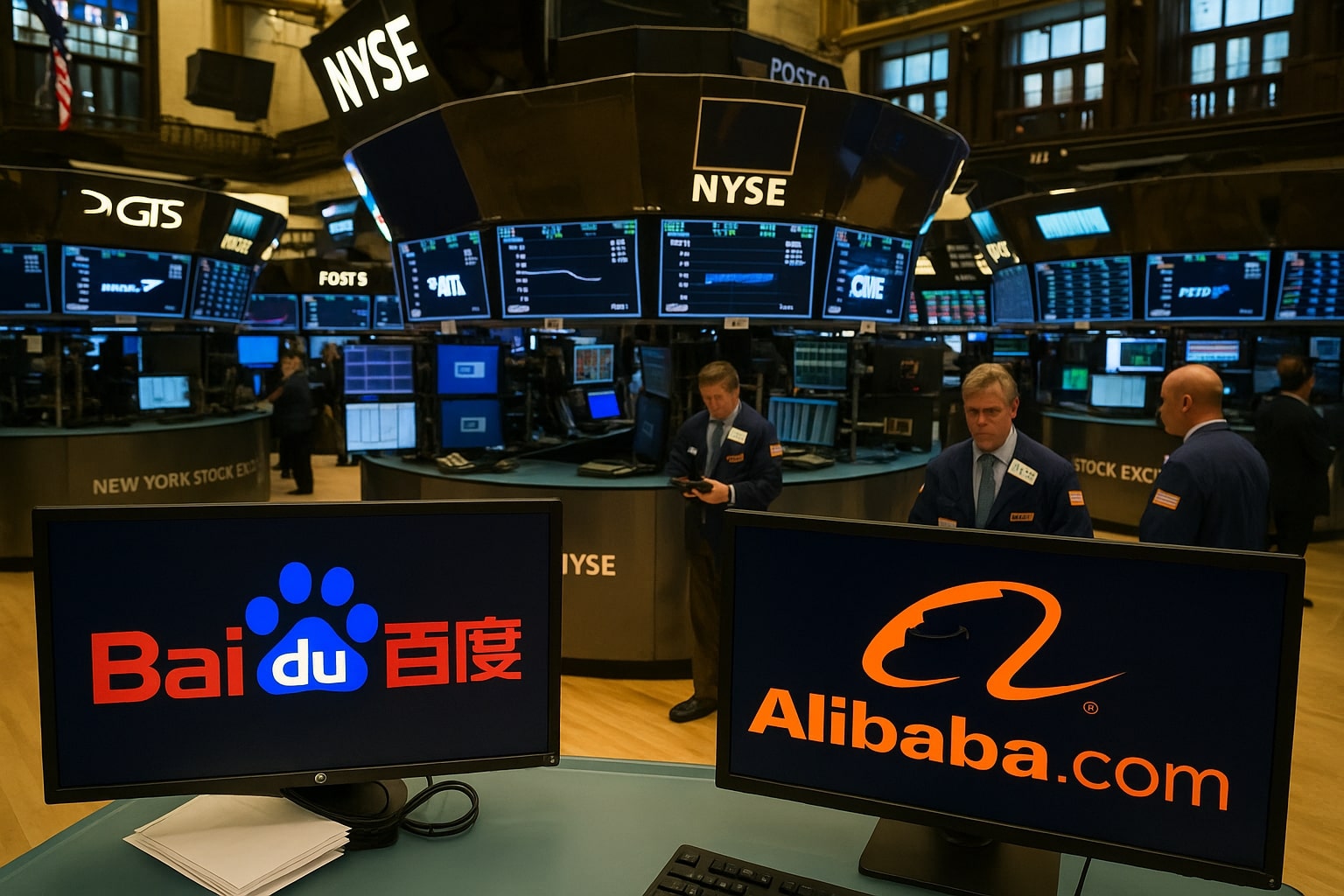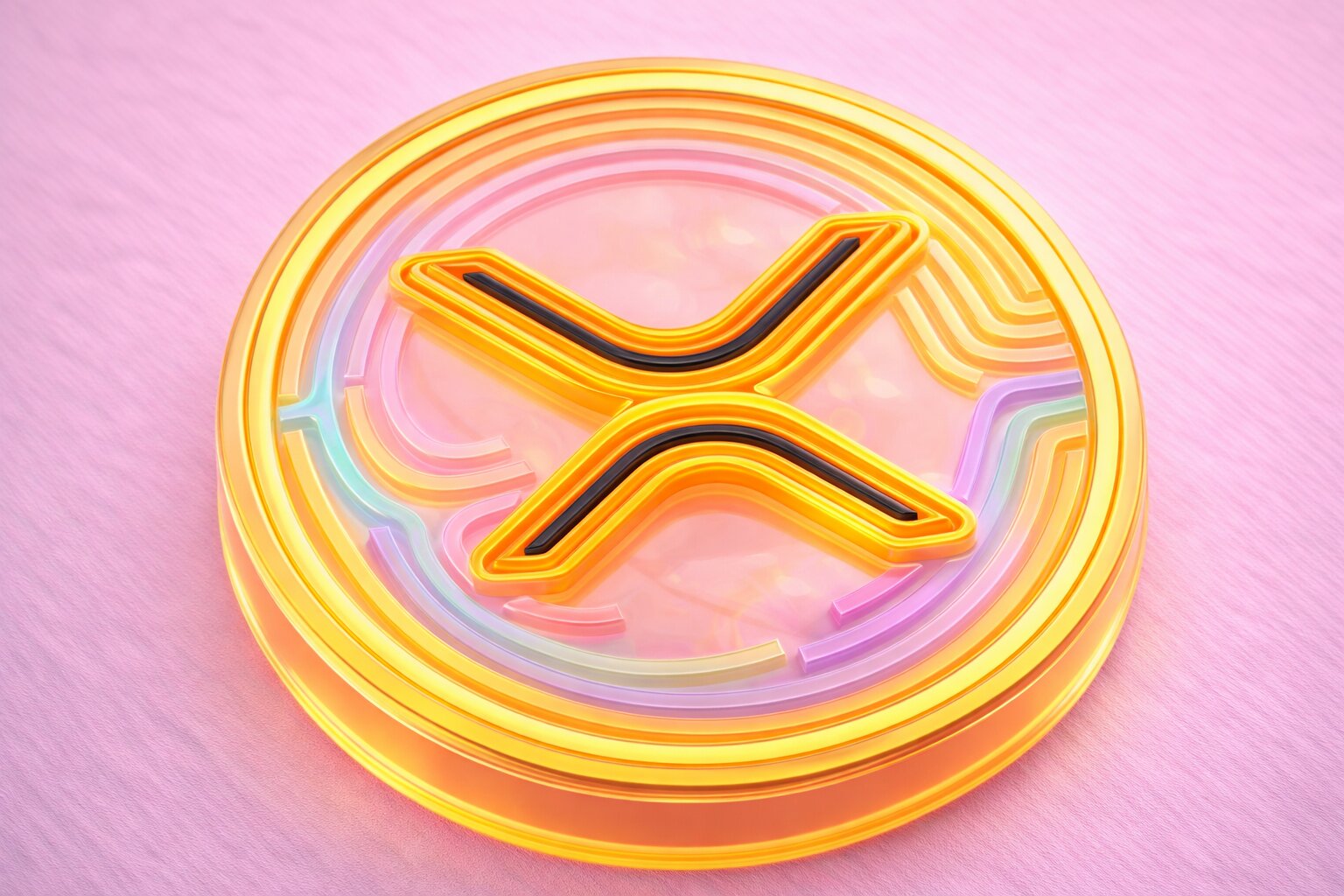
Baidu Stock $114 vs Alibaba Stock $158: Which Is the Smarter Buy?
Baidu looks deeply undervalued with AI potential, while Alibaba combines cloud growth, buybacks, and balance sheet balance at $158 | That's TradingNEWS
BIDU Stock Vs. BABA Stock Price Performance Comparison
NASDAQ:BIDU closed at $114.82, barely moving on the session (+0.03%), with after-hours trading at $114.90. Year-to-date, Baidu has gained 36.6%, outpacing the Hang Seng Index’s 31.8%. Over twelve months, BIDU is up 37.2%, but still lags the broader Hang Seng’s 52.3%. By contrast, NYSE:BABA trades at $158.04, up 91% year-to-date and nearly 90% over 12 months, far stronger than Baidu. Alibaba’s price momentum has been driven by cloud and AI monetization, while Baidu’s rally has been steadier, tied to AI model launches and robotaxi scale.
Valuation Multiples and Market Cap
Baidu’s current market cap is $40.6B, with a trailing P/E of 10.5x and forward P/E of 12.3x, trading at just 2.1x sales and 1.0x book. Its enterprise value/EBITDA sits at 7.3x, reflecting clear undervaluation. Alibaba, at $377B market cap, trades at a trailing P/E of 18.2x and forward P/E of 21.1x. BABA’s price-to-sales is 2.65x, and price-to-book is 2.6x. The spread highlights that BIDU is priced like a deep-value AI play with geopolitical haircuts, while BABA is re-rated higher as China’s consumption recovery and AI cloud visibility improved.
Earnings Trends and Forecasts
For the latest quarter, Baidu posted RMB 32.7B revenue (-3.6% YoY) and RMB 27.3B net income, with EPS at 10.94. Growth in AI Cloud and Apollo Go offset declines in online marketing, which fell 15% YoY. Analysts forecast BIDU’s FY2025 EPS at 55.65 CNY, down 28% YoY, before rebounding to 62.1 CNY in FY2026. Alibaba, meanwhile, reported $34.57B in revenue (+2% YoY, adjusted +10%) with net income at $6.01B (+76% YoY). Consensus expects EPS of 8.89 CNY for September quarter, with FY2027 EPS projected at 72.93 CNY, implying a 28% rebound. Both companies are investing heavily in AI, but BABA’s profit trajectory is stronger in the near term.
AI and Cloud Growth Drivers
Baidu’s AI Cloud surged 42% YoY, reaching RMB 6.7B ($922M), now contributing more than a quarter of Baidu Core revenue. Its ERNIE reasoning model X1.1 improved accuracy by 35% and is already integrated into 64% of mobile searches. Apollo Go robotaxi rides exceeded 1.4 million in Q1 2025, a 75% YoY increase, and Baidu’s RT6 autonomous EV costs under $30,000, a major edge in scalability. Alibaba counters with its Qwen3-Next AI model, 13x smaller and 10x faster than prior models, slashing training costs by 90%. Alibaba Cloud revenue grew 26% YoY, with AI product sales rising triple digits for eight straight quarters, far ahead of BIDU’s commercial monetization pace.
Balance Sheet Strength and Cash Flow
Baidu holds RMB 123.9B in cash, versus total debt of RMB 91.8B, with debt-to-equity at 30.8%. Levered free cash flow stands at RMB 26.6B, despite recent capex pressure. Alibaba’s balance sheet is far larger, with ¥416.4B cash and manageable leverage at 23.2% debt-to-equity. However, BABA posted negative ¥33.1B levered free cash flow last quarter, reflecting its aggressive AI reinvestment cycle. Liquidity is no concern for either firm, but Baidu’s pristine net cash position (valued near share price) provides a valuation floor.
Read More
-
MicroStrategy Stock Price Forecast: MSTR Jumps Back Above $130 on 713K BTC and $2.25B Cash
13.02.2026 · TradingNEWS ArchiveStocks
-
XRP Price Forecast: Can XRP-USD Defend $1.35 Support After a 30% Slide?
13.02.2026 · TradingNEWS ArchiveCrypto
-
Oil Price Forecast: Oil Slide as Surplus Fears Replace War Premium
13.02.2026 · TradingNEWS ArchiveCommodities
-
Stock Market Today: AI Fears Hit Nasdaq as S&P 500 and Dow Struggle While AMAT and Rivian Rip Higher
13.02.2026 · TradingNEWS ArchiveMarkets
-
GBP/USD Price Forecast - Pound Holds 1.36 as Softer US CPI Revives June Fed Cut Expectations
13.02.2026 · TradingNEWS ArchiveForex
Buybacks, Dividends, and Capital Returns
Baidu does not pay dividends but maintains strong buyback potential supported by its net cash. Alibaba has an annual dividend yield of 0.68%, with a 12.2% payout ratio. More significantly, it has $19.3B left on its buyback program, equal to 5% of its market cap, with $815M executed in Q2. This shareholder return mechanism gives BABA an edge in investor sentiment.
Competitive Landscape and Risks
Baidu competes with Tencent, PDD, and Alibaba in China, but its edge lies in AI Cloud, search, and autonomous driving. Its global scale, however, is limited compared to Alibaba’s sprawling commerce ecosystem. BABA faces competition from PDD and Meituan domestically, yet its diversification across e-commerce, cloud, logistics, and AI makes it more balanced. Key risks for both remain China’s regulatory environment and geopolitical uncertainty, but BIDU’s reliance on domestic growth magnifies exposure, while BABA benefits from stronger international expansion.
Investment Verdict: Baidu Stock vs Alibaba Stock
At $114.82, NASDAQ:BIDU trades at deep value levels — 10x earnings, 1x book, and near net cash. The AI and robotaxi businesses provide long-term upside, but near-term earnings compression and weak advertising limit momentum. At $158.04, NYSE:BABA carries higher multiples but enjoys 91% YTD performance, rapid AI cloud monetization, and capital returns through buybacks.
Final Call:
-
Baidu (BIDU): Hold — attractive valuation, but requires patience until AI investments offset legacy ad declines.
-
Alibaba (BABA): Buy — stronger growth trajectory, visible AI monetization, and shareholder support justify upside toward $175–$195 in the next 12 months.


















